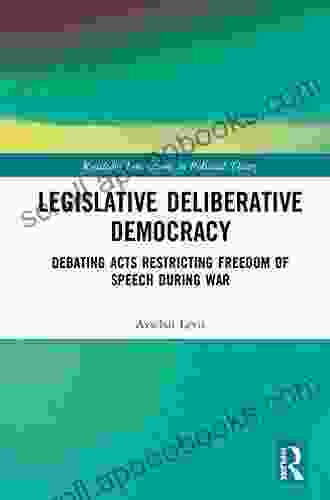Challenging the Boundaries: Debating Acts Restricting Freedom of Speech During War

Freedom of speech, a fundamental human right, has long been the subject of intense debate, particularly during times of war. The tension between the need for national security and the preservation of individual liberties presents a complex legal and ethical dilemma. In this essay, we delve into the arguments for and against restricting freedom of speech during wartime, examining historical precedents, legal frameworks, and the profound implications for society.
4.5 out of 5
| Language | : | English |
| File size | : | 1440 KB |
| Text-to-Speech | : | Enabled |
| Screen Reader | : | Supported |
| Enhanced typesetting | : | Enabled |
| Word Wise | : | Enabled |
| Print length | : | 247 pages |
Historical Precedents
Throughout history, governments have grappled with the challenge of balancing national security and freedom of expression during wartime. In the United States, the Espionage Act of 1917 and the Sedition Act of 1918 criminalized speech deemed to obstruct the war effort. Similarly, during World War II, the Smith Act targeted individuals who advocated for the overthrow of the government. These laws reflected a belief that wartime necessitated the suppression of dissenting voices that could potentially undermine the morale of troops or provide aid to the enemy.
However, the suppression of speech has not always been successful or justified. In the case of the Sedition Act of 1918, the Supreme Court ruled that the government's prosecution of Eugene V. Debs for his anti-war speeches violated the First Amendment. The Court held that speech could only be punished if it presented a "clear and present danger" to the war effort.
Legal Frameworks
The legal frameworks governing freedom of speech during wartime vary widely across different jurisdictions. In the United States, the First Amendment to the Constitution provides strong protections for free expression. However, the Supreme Court has also recognized that the government has a legitimate interest in protecting national security. This has led to a balancing test, where the government must demonstrate that a restriction on speech is necessary to serve a compelling government interest and that it is narrowly tailored to achieve that goal.
In other countries, such as the United Kingdom, the legal framework for restricting speech during wartime is more restrictive. The Official Secrets Act prohibits the disclosure of information that could potentially harm national security, and the Terrorism Act provides for the detention and questioning of individuals suspected of terrorist activities. These laws reflect a greater emphasis on protecting national security, even if it means limiting individual freedoms.
Ethical Implications
Beyond the legal considerations, the debate over restricting freedom of speech during wartime raises profound ethical questions. Proponents of restrictions argue that national security is paramount and that wartime is a time when individual liberties must be curtailed to protect the greater good. They contend that unrestricted speech could allow enemies to gain intelligence, spread propaganda, or undermine the morale of troops.
Opponents of restrictions believe that freedom of speech is essential to a democratic society, even during wartime. They argue that the suppression of dissenting voices can stifle debate and prevent the emergence of new ideas that could help resolve conflicts peacefully. Furthermore, they contend that restricting speech sends a dangerous message that governments can silence their critics with impunity.
Contemporary Debates
The debate over restricting freedom of speech during wartime remains highly relevant today. In the aftermath of the 9/11 attacks, the United States passed the Patriot Act, which expanded government surveillance powers and allowed for the detention of individuals suspected of terrorism without charge. This has raised concerns about the potential for abuse and the erosion of civil liberties.
Similarly, in the United Kingdom, the government has proposed new laws that would criminalize the dissemination of "hate speech" and "fake news." While these measures are intended to combat extremism and misinformation, critics argue that they could be used to suppress legitimate dissent and undermine freedom of expression.
The debate over restricting freedom of speech during wartime is a complex and multifaceted one. There are no easy answers, and the balance between national security and individual liberties must be carefully considered in each specific context. Historical precedents, legal frameworks, and ethical implications all play a role in shaping this ongoing dialogue.
Ultimately, the decision of whether or not to restrict freedom of speech during wartime is a matter of public policy that must be made through a democratic process. Open and informed debate is crucial to ensure that such decisions are made wisely and in a manner that respects the fundamental rights and freedoms of all.
Further Reading
- Debating Acts Restricting Freedom of Speech During War (Routledge Innovations in Legal and Constitutional Studies)
- The First Amendment in Wartime: The Sedition Act of 1918 and the Origins of American Civil Liberties
- Free Speech in Wartime: The American Experience
- Freedom of Speech and National Security
- The Espionage Act: A History of the Law That Suppressed Dissent
4.5 out of 5
| Language | : | English |
| File size | : | 1440 KB |
| Text-to-Speech | : | Enabled |
| Screen Reader | : | Supported |
| Enhanced typesetting | : | Enabled |
| Word Wise | : | Enabled |
| Print length | : | 247 pages |
Do you want to contribute by writing guest posts on this blog?
Please contact us and send us a resume of previous articles that you have written.
 Book
Book Novel
Novel Page
Page Chapter
Chapter Text
Text Story
Story Genre
Genre Reader
Reader Library
Library Paperback
Paperback E-book
E-book Magazine
Magazine Newspaper
Newspaper Paragraph
Paragraph Sentence
Sentence Bookmark
Bookmark Shelf
Shelf Glossary
Glossary Bibliography
Bibliography Foreword
Foreword Preface
Preface Synopsis
Synopsis Annotation
Annotation Footnote
Footnote Manuscript
Manuscript Scroll
Scroll Codex
Codex Tome
Tome Bestseller
Bestseller Classics
Classics Library card
Library card Narrative
Narrative Biography
Biography Autobiography
Autobiography Memoir
Memoir Reference
Reference Encyclopedia
Encyclopedia Tao Yang
Tao Yang Brian Holguin
Brian Holguin Dennis Herman
Dennis Herman Paulo Cezar Da Rosa
Paulo Cezar Da Rosa Bill Evans
Bill Evans Brian Belton
Brian Belton Marneen L Fields
Marneen L Fields Brock Heasley
Brock Heasley Brent Edstrom
Brent Edstrom Bill Manhire
Bill Manhire Jen Silverman
Jen Silverman William Norman Grigg
William Norman Grigg Brandt Legg
Brandt Legg Bill Gaither
Bill Gaither Bill Roorbach
Bill Roorbach Salamishah Tillet
Salamishah Tillet Faith Gibson
Faith Gibson Krin Gabbard
Krin Gabbard Brad Buhrow
Brad Buhrow Devon Monk
Devon Monk
Light bulbAdvertise smarter! Our strategic ad space ensures maximum exposure. Reserve your spot today!
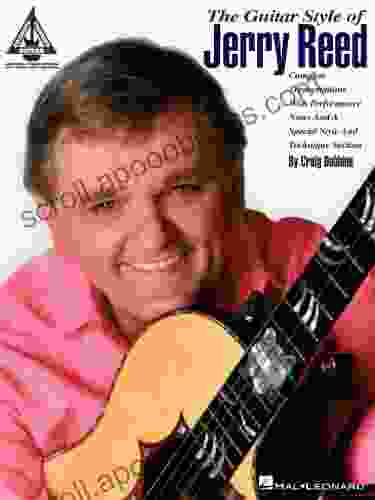
 Allen ParkerUnveiling the Masterstrokes: Exploring "The Guitar Style of Jerry Reed Guitar...
Allen ParkerUnveiling the Masterstrokes: Exploring "The Guitar Style of Jerry Reed Guitar...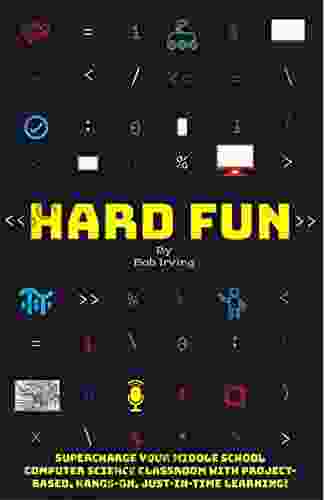
 Victor HugoSupercharge Your Middle School Computer Science Classroom With Project-Based...
Victor HugoSupercharge Your Middle School Computer Science Classroom With Project-Based...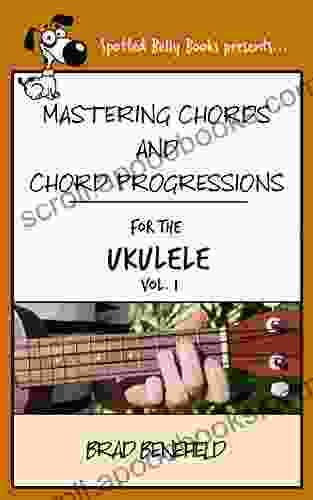
 Curtis StewartMastering Chords for the Ukulele: An Essential Guide to Unlocking the Magic...
Curtis StewartMastering Chords for the Ukulele: An Essential Guide to Unlocking the Magic... Jarrett BlairFollow ·5.4k
Jarrett BlairFollow ·5.4k Alan TurnerFollow ·16.4k
Alan TurnerFollow ·16.4k John UpdikeFollow ·13.3k
John UpdikeFollow ·13.3k Daniel KnightFollow ·17.7k
Daniel KnightFollow ·17.7k Aldous HuxleyFollow ·18.8k
Aldous HuxleyFollow ·18.8k J.R.R. TolkienFollow ·17.7k
J.R.R. TolkienFollow ·17.7k Jorge Luis BorgesFollow ·15.3k
Jorge Luis BorgesFollow ·15.3k Arthur C. ClarkeFollow ·7.7k
Arthur C. ClarkeFollow ·7.7k
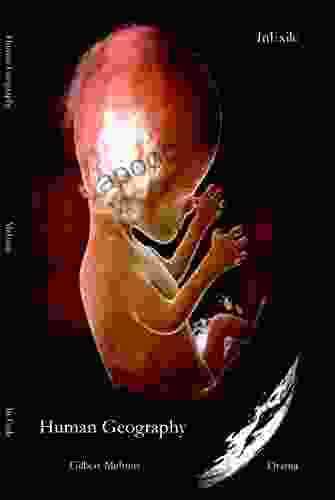
 Corey Green
Corey GreenHuman Geography: A Concise Introduction by Gilbert...
A Journey into the Dynamic Realm of...
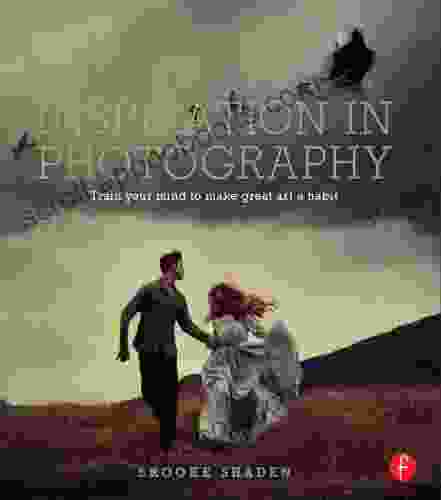
 Julian Powell
Julian PowellTrain Your Mind to Make Great Art a Habit
Do you dream of...

 Matthew Ward
Matthew WardSmall Town Romance: Heart Compass
Escape to Willow Creek, Where...
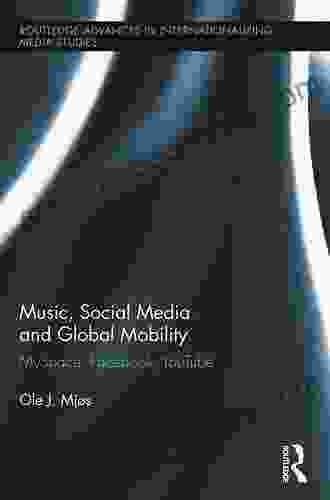
 Neil Parker
Neil ParkerMusic, Social Media, and Global Mobility: Exploring...
: The Convergence of Music, Media, and...
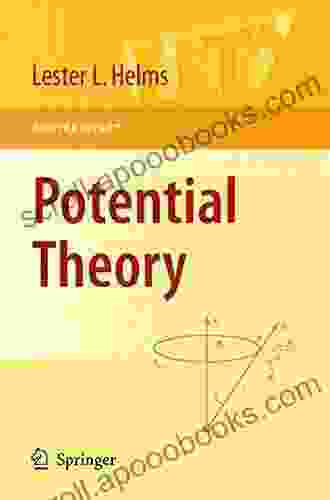
 Seth Hayes
Seth HayesUnlock the Potential of Potential Theory with Brooke...
Embark on an...
4.5 out of 5
| Language | : | English |
| File size | : | 1440 KB |
| Text-to-Speech | : | Enabled |
| Screen Reader | : | Supported |
| Enhanced typesetting | : | Enabled |
| Word Wise | : | Enabled |
| Print length | : | 247 pages |


